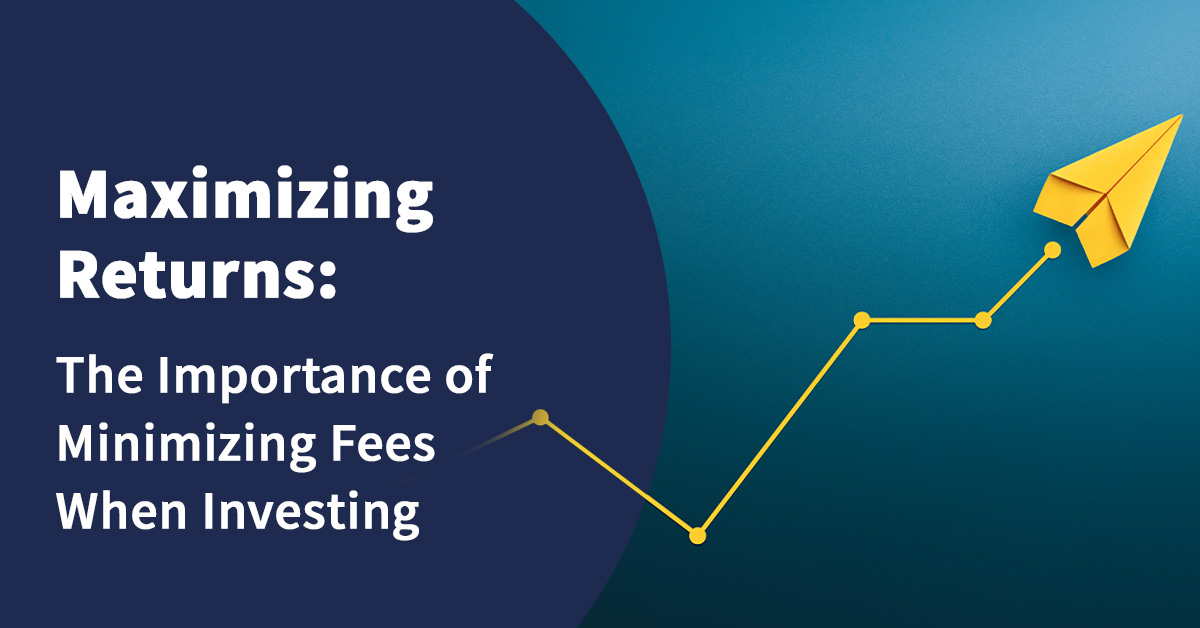What is evidenced based investing?
Evidence-based investing or EBI as it is sometimes now referred to, is a method based simply on evidence. It is not based on complex formulas, or worse still pure guess- work.
Put simply, evidence-based investing aims to capture the returns of the market through a low-cost, diversified and long-term investment strategy.
The aim of Evidence Based Investing is to provide a comprehensive framework that seeks to give investors the highest probability of avoiding – or at least minimizing – the Investor Behavior Penalty.
According to Dalbar, from 1992–2011, the average stock fund returned 8.2% annually, while the average stock fund investor earned only 3.5%. We call the gap between these results the “investor behavior penalty.”
The “evidence” in evidence-based investment comes from decades of economic research. Which provides a set of guidelines to help investors and financial advisors use the research in their portfolios. Enabling them to avoid inadequate strategies, and reinforce the ability to grow assets over the long term.
Information is drawn about expected returns from the market itself—letting the collective knowledge of its millions of sellers and buyers set security prices.
It is important to stress that EBI is one of many investment philosophies – a way to interpret and understand financial markets and the behavior of investors that participate in them.
However more and more successful financial advisory firms are following this practice, as they believe it offers the best path for a successful investment experience.
Find out how we can help you
If you would like to understand more about this topic get in touch
Related posts
- Published On: June 15, 2023|3 min read|
Maximizing Returns: The Importance of Minimizing Fees When Investing
When it comes to investing, many individuals focus on choosing the right stocks or timing the market. However, one aspect that is often overlooked but can have a significant impact on your investment returns is minimizing fees.
Read more












